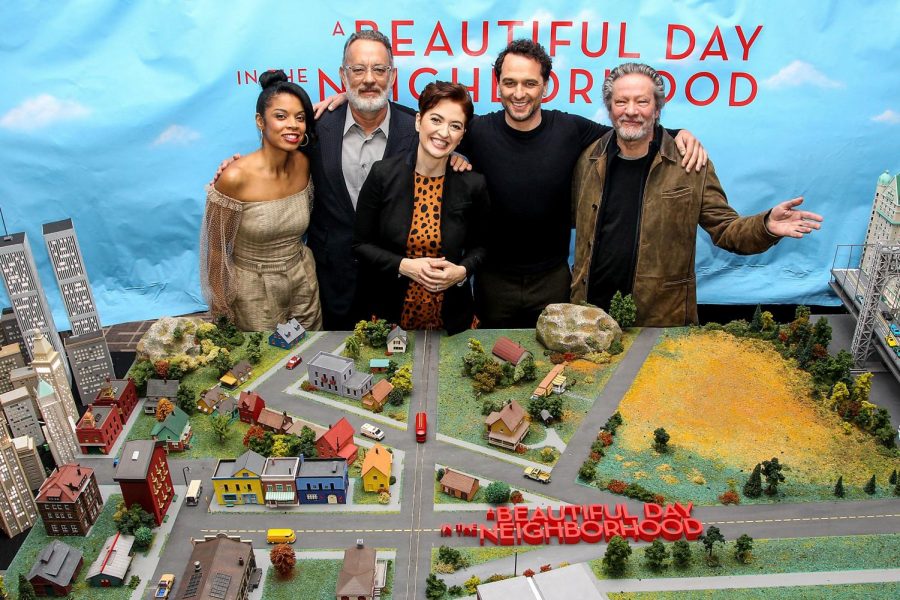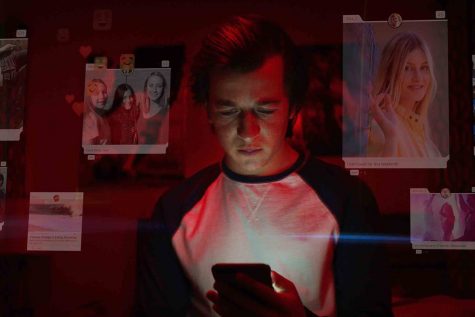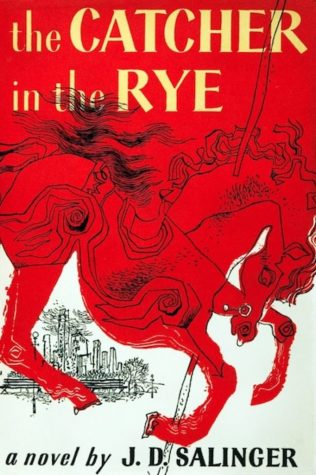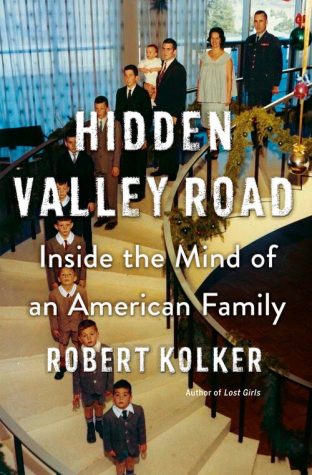“A Beautiful Day in the Neighborhood” Captures the Magic of Mister Rogers
December 4, 2019
Hollywood is digging up its old heroes — or at least reimagining their classic narratives. The science fiction, superhero and pulp icons of old are being reborn, even if only to get one last dollar out of them. Thankfully, “A Beautiful Day in the Neighborhood” brings back a hero we really do need: Mister Rogers. These days, it seems like empathy is a non-renewable resource and everyone has a bone to pick, but Mister Rogers reminds us that humans are fundamentally good.
The film fictionalizes the story behind an Esquire article written about Mister Rogers towards the end of his long career as host of the children’s show “Mister Rogers’ Neighborhood.” While liberties have been taken, “A Beautiful Day in the Neighborhood” is a genuine narrative that remains true to Rogers’ values.
The film’s success hinges around the decision to cast Tom Hanks as Fred Rogers. The latter wasn’t just the host of an exceedingly important children’s show but a wholly unique public figure that always stayed true to his ideals. It’s hard to imagine anyone filling his shoes. Nonetheless, Tom Hanks manages to perfectly capture Rogers’ calm, loving wisdom.
“A Beautiful Day in the Neighborhood” opens with a near perfect recreation of the show’s opening sequence. The body language, fake TV static and miniature houses don’t do nearly as much to sell the scene as Hanks’ performance, though, replicating the warmness and understanding exclusive to “Mister Rogers’ Neighborhood.” The same goes for the rest of the film.
Surprisingly, “A Beautiful Day in the Neighborhood” uses Rogers as a supporting character. Bitter journalist Lloyd Vogel (Matthew Rhys) is the star. The film is primarily driven by his struggles with parenthood, caused by both his newborn son and absent father. Mister Rogers ends up involved in this personal journey once Lloyd is assigned to interview him. His journalistic cynicism is challenged by what seems to be the real deal.
I have conflicted feelings about where the filmmakers decided to put their focus. On one hand, “A Beautiful Day in the Neighborhood” isn’t just coasting on the reputation of a beloved celebrity. It’s hard not to respect the risks they take. The film ends up as a sort of metanarrative about how the values Rogers promoted affected his audience. However, making the film about his messages rather than the man himself contradicts one of the core themes of the story.
“A Beautiful Day in the Neighborhood” correctly points out that Rogers is a human being, and that’s what makes his boundless love so compelling. At the same time, he’s depicted as a guardian angel, periodically swooping in to save Lloyd from marital dysfunction and childhood trauma, all the while shrouded by a veil of mystery.
The film trips itself up in a few other places. Even if it’s rooted in real events, Lloyd’s story feels a little too Hollywood. He is a trope living in a world of tropes, and even with Rhys’ strong acting, it rings hollow compared to Hanks’ much more nuanced, believable take on Rogers.
The film mostly works, but it does get ahead of itself at times. Using miniatures styled off of those in “Mister Rogers’ Neighborhood” for most of the establishing shots is a genius move. It’s a clever visual motif reminding the audience that this is a story about Mister Rogers one way or another. Meanwhile, mixing the show’s imagery with Lloyd’s own life as his mental state worsens feels a little tacky.
Regardless, the film stays true to the messages of love and compassion that Fred Rogers spent his whole career teaching. “A Beautiful Day in the Neighborhood” reminds you that those things still matter, even for adults living in a world more complicated than the “Neighborhood.”












If you want a picture to show with your comment, go get a gravatar.